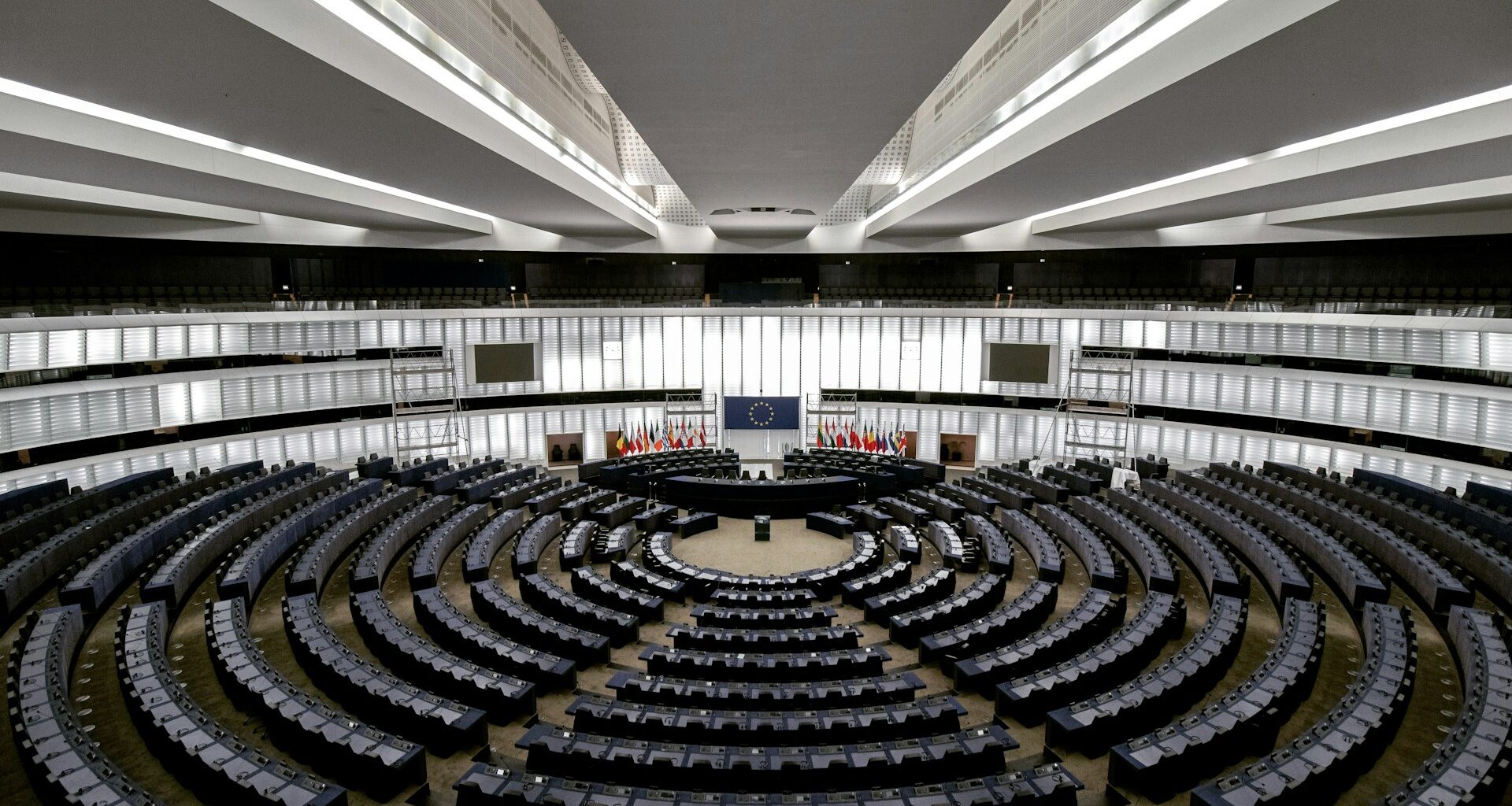Today’s ESG Updates
EU Parliament Approves Big Exemptions in Carbon Import Rules: New emissions threshold cuts 90% of importers out of CBAM rules.
Microsoft Signs Record Biochar Carbon Removal Deal: Partnership with Exomad Green shows rising trust in climate tech.
Spring Drought Raises Concerns for European Farmers: Farmers face crop risks as dry weather hits the UK, Germany, and more.
U.S. Shift Threatens Nature-Focused Debt Relief Plans: DFC pullback puts key conservation deals in doubt for Africa.
Klimado – Navigating climate complexity just got easier. Klimado offers a user-friendly platform for tracking local and global environmental shifts, making it an essential tool for climate-aware individuals and organizations.
EU eases carbon border rules for small importers while preserving climate goals
The European Parliament has approved changes to the EU’s Carbon Border Adjustment Mechanism (CBAM), significantly easing compliance for smaller importers while preserving its core climate objectives. The updated rules, introduced as part of the European Commission’s 2025 Omnibus I package, set a 50-tonne emissions threshold that cuts smaller importers—mostly small and medium-sized businesses—out of the regulation. This means around 90% of importers won’t have to comply, while the system still captures over 99% of emissions from major industries like steel, aluminum, and cement. The goal is to ease regulatory load on smaller companies. This also aligns with the EU’s recent push to cut down on red tape and become more competitive. Companies can stay up to date on the latest legislation and regulations by using ESG tools.
***
Further reading: EU Lawmakers Agree to Exempt 90% of Companies from CBAM Import Carbon Tax
Microsoft strikes record biochar carbon removal Deal with Exomad Green
This agreement uses digital monitoring to verify the carbon removal. Photo Credits: Valent Lau
Microsoft has struck a major deal with Exomad Green to buy 1.24 million tonnes of carbon removal credits over the next decade—the largest biochar agreement ever made. The credits will come from Exomad’s projects in Bolivia, where forestry waste is turned into biochar, a carbon-rich material that stores carbon in soil for centuries while also improving soil health. The partnership includes digital tracking from Carbonfuture to make sure all carbon removals are verified and transparent. The deal shows just how scalable and affordable biochar can be, and it strengthens Microsoft’s position as the world’s leading corporate buyer of carbon removal.
***
Further reading: Microsoft Signs Largest-Ever Biochar Carbon Removal Agreement
European farmers struggle as historic drought threatens crops and livelihoods
Weather conditions lose the EU about €28.3bn in lost crops and livestock per year. Photo Credits: JJunie L
Farmers across north-western Europe are facing severe stress as an unusually dry spring threatens crops, with some regions experiencing their driest conditions in a century. Farmers in Germany and elsewhere hold concerns as water shortages raise along with fears of significant yield losses. Climate change is increasing the frequency and severity of droughts, costing the EU €28.3 billion annually. While some farmers are adapting with techniques like drip irrigation and rainwater storage, many are left hoping for timely rain to avert disaster.
***
Further Reading: ‘It’s a critical time’: European farmers struggle through driest spring in a century
Debt-for-nature swaps in jeopardy as U.S. support wavers under Trump administration
The DFC offers up to $1 billion in political risk insurance, making them crucial in scaling up deals. Photo Credits: History in HD
Debt-for-nature swaps, which allow countries to reduce debt in exchange for conservation efforts, are at risk as U.S. support via the International Development Finance Corporation (DFC) may decline under President Donald Trump. The DFC has backed over half of recent deals, insuring nearly 90% of $6 billion in swaps, including those involving the Amazon and Galapagos. As the agency pulls back from climate work and its new leadership casts doubt on its involvement, projects in places like Angola and Zambia are now up in the air. Experts say other funders will be needed to fill the gap, but finding someone who can match the DFC’s scale and affordable risk coverage won’t be easy. Stay updated on crucial climate and sustainability decisions using ESG solutions.
***
Further reading: US climate pullback threatens planned debt-for-nature deals
Editor’s Note: The opinions expressed here by the authors are their own, not those of impakter.com — Cover Photo Credit: Frederic Köberl
